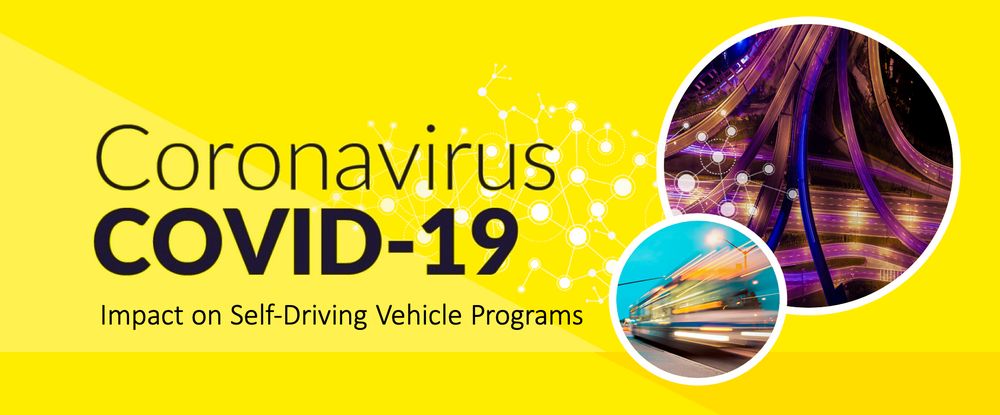Intelligent Transport or Future Mobility are amongst the most recently used terms to refer to modern and futuristic means of transportation driven by four disruptive forces: Autonomous, Connected, Electric and Shared Vehicles/Mobility. These forces emerged from various factors such as customer needs, new technologies and communications systems, competitive trade environments, etc. These factors are creating a challenging ecosystem for the automotive industry actors for guaranteeing their market viability. In addition to facing these challenges, earlier this year, the industry has been facing yet another unprecedented situation: Coronavirus or COVID-19 outbreak.

Coronavirus has imposed a complete lockdown and quarantines in some countries/cities making every usual activity almost impossible. The situation, especially in China, made a significant impact on car sales, e.g., car sales in China dropped by 80%. In spite of this challenge, multiple Chinese companies turned the situation to their favour by showing how technologies can be used as solutions in epidemic containment.
During the anti-pandemic period, low-speed self-driving vehicles are used in multiple scenarios: spray disinfectant, deliver goods indoor and outdoor, and patrol public places, etc. Neolix, is one of the examples of Chinese startups that seem to win the challenge against Coronavirus by delivering autonomous vehicles serving those scenarios, as reported by Bloomberg.
However, the situation is not the same in other parts of the world. Indeed, in the U.S. major autonomous vehicles developers such as Waymo (Alpahbet Inc), Cruise (General Motors), Argo (Ford Motors Co), Pony.ai, etc. stopped their testing activities to reduce the spread of Coronavirus.
Waymo temporarily suspended its activities in the self-driving space: both its Waymo One service in Phoenix, Arizona and testing on public roads of California. The decision was staged: first Waymo decided to limit its activities then completely suspend them until April 7th, in the interest of health and safety of its stakeholders.
… we’re suspending all of our Waymo One rider services in Arizona until April 7th, including our service with trained drivers and our fully driverless operations within the early rider program.
Waymo, Update on COVID-19: All Waymo services suspended

Image Credit: Waymo
This fear of the wide spread of the Coronavirus in the mobility space has also affected ride-hailing services. Two of the giant service providers, Uber and Lyft, have suspended their ride sharing options. The option Uber Pool, that allows up to three passengers to share a ride is not available to passengers in USA and Canada. Lyft also decided to pause its all ride sharing options.
Suspension of Uber Pool: To support social distancing, we have temporarily suspended the Uber Pool service around the world.
Uber, Supporting cities and communities around the world
Suspended all Shared rides: To help slow the spread of COVID-19, we’ve temporarily paused Shared rides across all of our markets. We will continue to monitor the situation closely and base our actions on official guidance.
Lyft, Helping Lyft’s driver community
Conclusion
It is obvious that in self-isolation and current pandemic situations, autonomous vehicles could be the perfect solution for serving the needs of individuals and businesses. Deliveries can be achieved without involving human contact and some scenarios of spraying disinfectants or patrolling public spaces can be carried out without drivers while being remotely monitored.
One of the main objectives of Future Mobility Campus Ireland is to provide a testbed that fosters innovations enabling self-driving vehicles in real-world settings. With this facility in place, companies should be able to accelerate their programs and tackle major challenges towards the delivery of fully integrated autonomous vehicles in public roads such as regulation, advances in AI and communication technologies, maturity of the underlying infrastructure, public awareness and social acceptance.